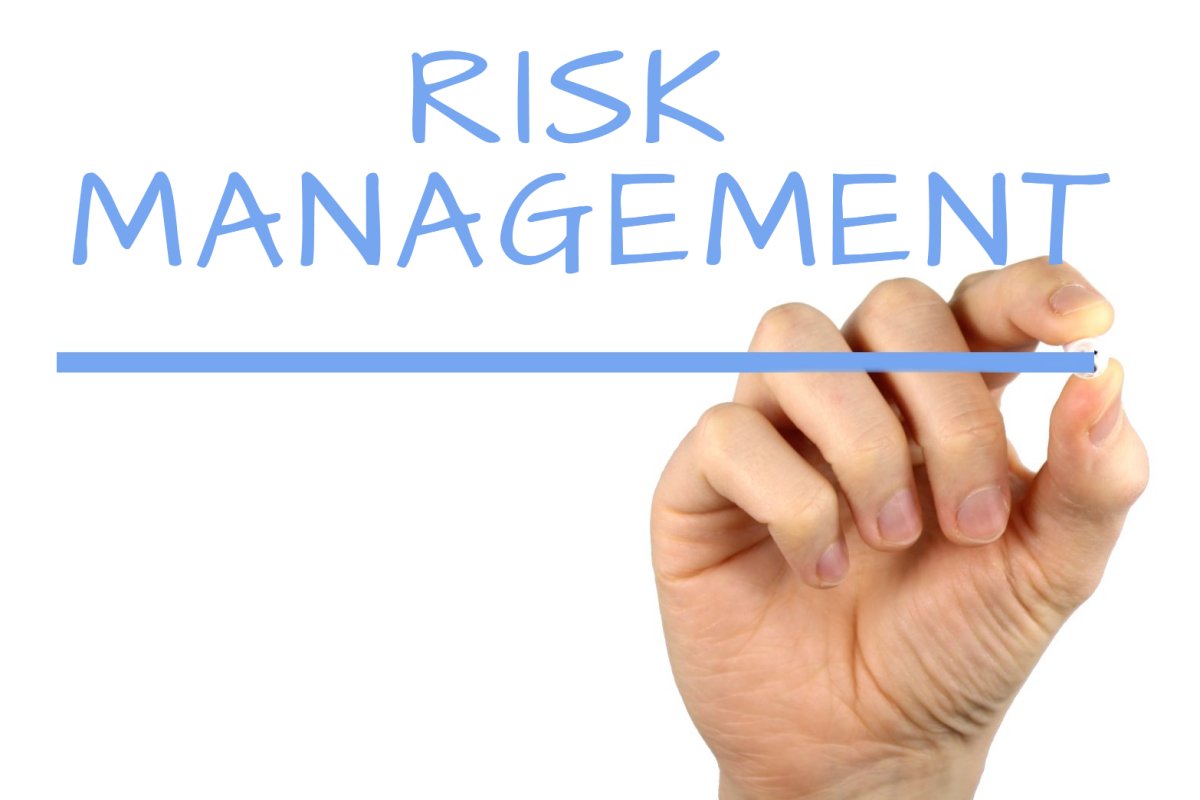Tsunamis can occur in any large body of water. They were so infrequent that the word was not even known to most people. Then came the tsunami of 2004. It caused destruction from Indonesia to India and pictures of a tall wall of water crashing onto the shore and washing away everything that came in its way were everywhere. The world “tsunami” entered the regular vocabulary of people. Since 2004 many more tsunamis have been reported. In the United States of America destructive hurricanes seem to have increased from an occasional one to two, sometimes three, each year. Extreme weather events are increasing in number.
They lead to tremendous economic damage. Even a sparsely populated region like the Andaman Islands experienced damage worth $600 million during the 2004 tsunami. 70% of its jetties were damaged and the fishing industry, which provides two-thirds of the employment in the area, was severely affected. The Asian Disaster Preparedness Center report said that the overall economic cost of the tsunami was $15 billion. And what of hurricane Sandy that struck New York? It did $71.5 billion in economic damage, according to the National Hurricane Center report. And the floods that paralysed drought-prone Chennai? Aon Benfield, a UK reinsurance broker firm put the economic cost of the floods on India’s economy at an estimated $3 billion.
These natural disasters caused extensive supply chain disruption and hit production in many auto-mobile companies. But there is more to climate change risk than natural disasters. Who would have thought that changes in the monsoon pattern along with a change in the variant of a crop grown in the north western region of India would ultimately lead to a curb on the sale of large diesel cars in India’s capital city?
We already know that the quest for clean energy to fight climate change has the potential to put multiple industries, such as coal, thermal power, boiler manufacture, etc., out of business. Consider the possibility of waste segregation as a way of fighting pollution in cities disrupting the “carry waste to landfill” service and in turn reducing the demand for dumpers. Widespread use of recycled metal can deal a body blow to the mining industry and efforts to reduce the weight of cars to enhance fuel efficiency and make them battery-ready could hit at the heart of the steel industry. Climate change can create risk for businesses from many unforeseen directions.
Yet there is opportunity associated with risk. The new age energy industry is a bundle of opportunities. The positive externalities of renewable energy are well known. There is gold hidden in the waste that is generated in cities, 60% of which is pure energy. The drive to enhance energy efficiency presents a windfall for companies that make electrical devices – lights, fans, washing machines, refrigerators, water heaters, motors, air-conditioning systems, et al. The slew of green buildings that will be built in future is an opportunity for so many industries that supply green construction materials.
Danger lurks in the financing world. Increasingly investors are waking up to the view that businesses that help combat climate change are worthy of funds and those that do not should be lower in priority. The International Finance Corporation’s portfolio of investments in green businesses is rapidly growing and the World Bank’s decision to not fund coal is very well known. The 2015 Ernst and Young Global Institutional Investor Survey of over 200 institutional investors revealed that 59.1% of respondents view nonfinancial disclosures as “essential” or “important” to investment decisions, up from 34.8% in 2014. Some 62.4% of investors are concerned about the risk of assets that lose value prematurely due to environmental, social, or other external factors, and over one-third of respondents reported cutting their holdings of a company in the past year because of this risk.
The landscape of what attracts talent to an organisation is fast changing. The dominant cohorts of new hires are the much researched Millennials. One characteristic of this cohort is a search for purpose in life at work. A Society for Human Resources Management study in 2012 found that companies with strong sustainability programs had 55% better morale and 38% higher employee loyalty than the companies with poor programs. The risk of low morale and high attrition in an organisation that does not address climate change is very real.
Then there are consumers. The group of consumers who adopt sustainable practices is slowly but surely growing. A little charge on plastic bags at grocery stores has nudged them towards cloth bags. Municipalities that insist on waste segregation at source are helping to build the sustainability ethos. We can now buy paint that does not have harmful, volatile organic compounds and so does not have the noxious smell we associate with paint. A Singer study in 2015 found that revenues from sustainable products and services grew at six times the rate of overall company revenues between 2010 and 2013, among the 12 members of the S&P Global 100 sampled. Green consumers may be a small group today, but green consumption will boom as economics tilts towards green products over time.
Climate change will do what it will to weather patterns. These changes present risks and opportunities in plenty. It is time to take cognisance of what lies ahead and make necessary course corrections or else the green tsunami could be very unpleasant.
 Anirban Ghosh is the Chief Sustainability Officer at the Mahindra Group. He has been working with Group in Sales, Marketing, and Strategy since 1999 and has been recognized as a distinguished CSO in his current role. A gold medal-winning engineer from Jadavpur University, Calcutta, Ghosh has pursued doctoral studies in Marketing Management at IIM Ahmedabad. He enjoys music, reading, traveling, driving, cricket and tennis. He is an active public speaker and has represented the nation at the Festival of India across multiple nations.
Anirban Ghosh is the Chief Sustainability Officer at the Mahindra Group. He has been working with Group in Sales, Marketing, and Strategy since 1999 and has been recognized as a distinguished CSO in his current role. A gold medal-winning engineer from Jadavpur University, Calcutta, Ghosh has pursued doctoral studies in Marketing Management at IIM Ahmedabad. He enjoys music, reading, traveling, driving, cricket and tennis. He is an active public speaker and has represented the nation at the Festival of India across multiple nations.
Views of the author are personal and do not necessarily represent the website’s views.
Thank you for reading the story until the very end. We appreciate the time you have given us. In addition, your thoughts and inputs will genuinely make a difference to us. Please do drop in a line and help us do better.
Regards,
The CSR Journal Team


